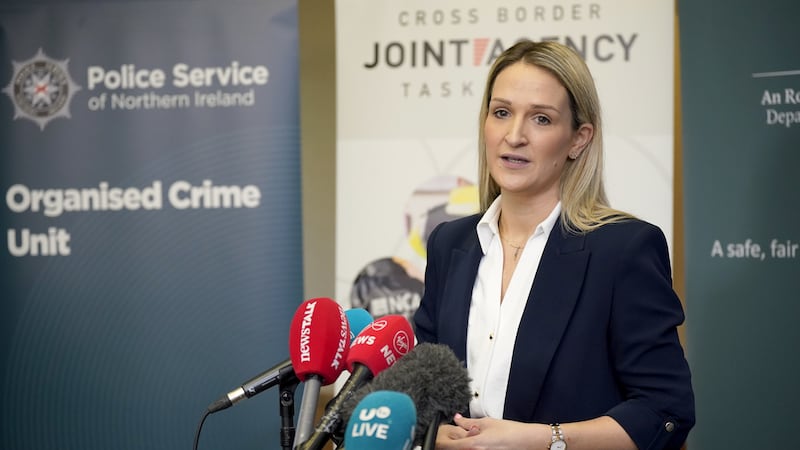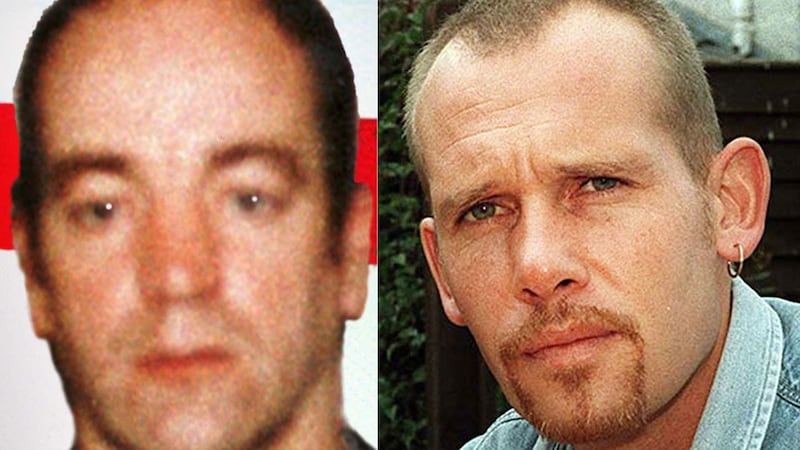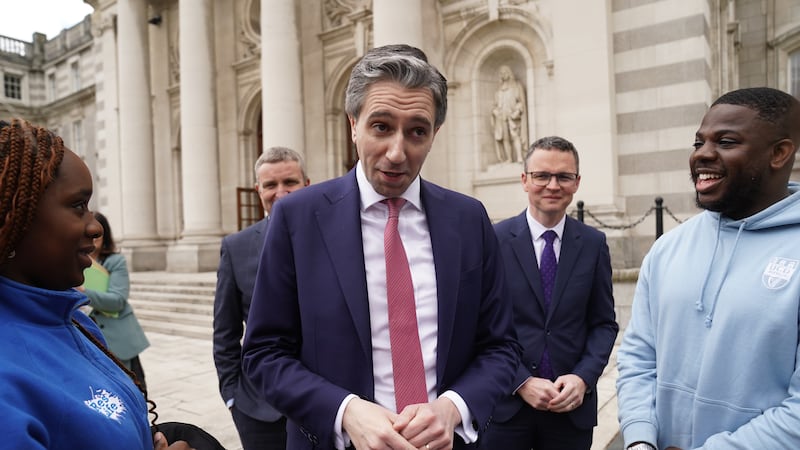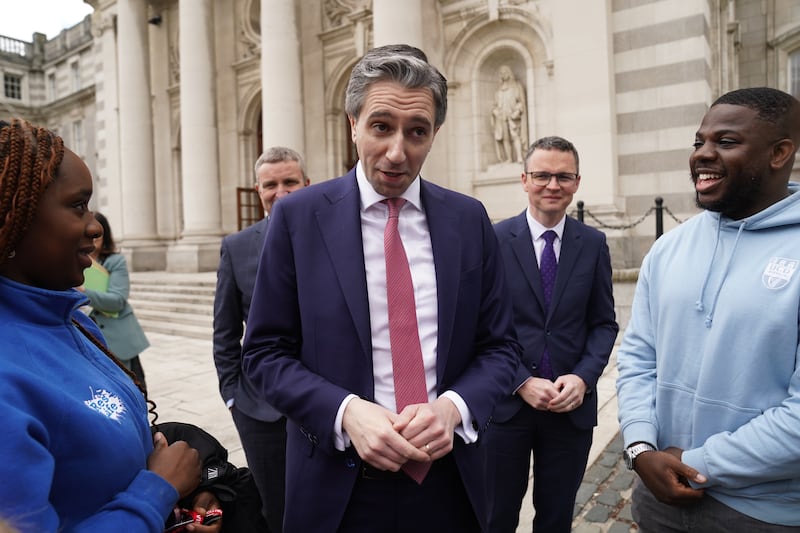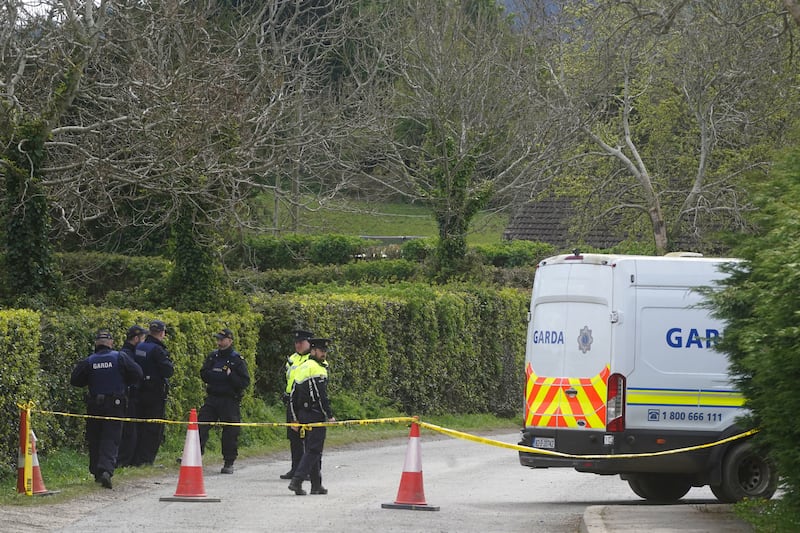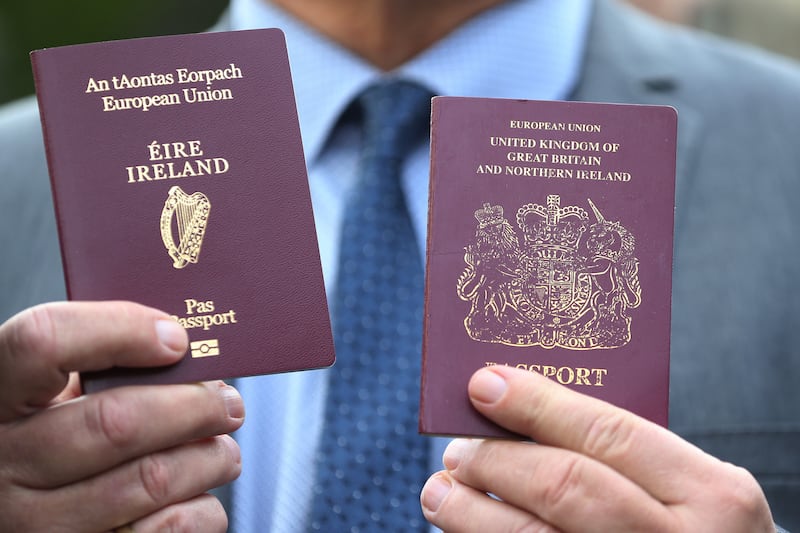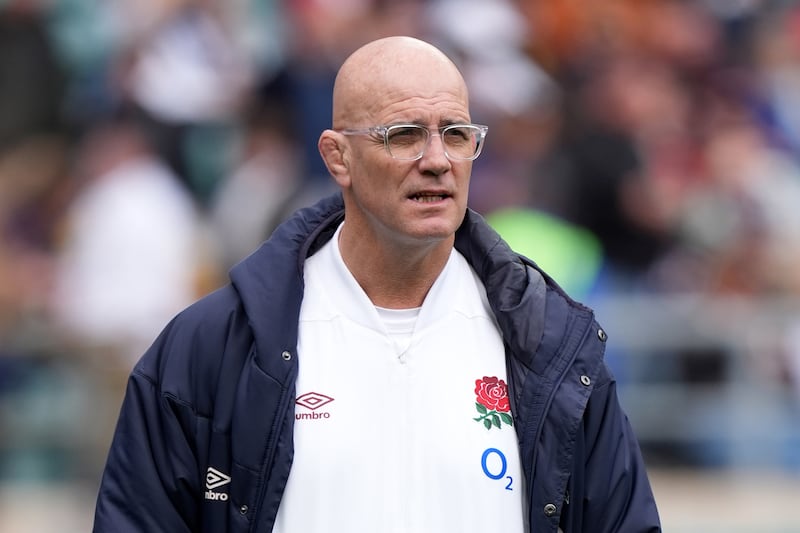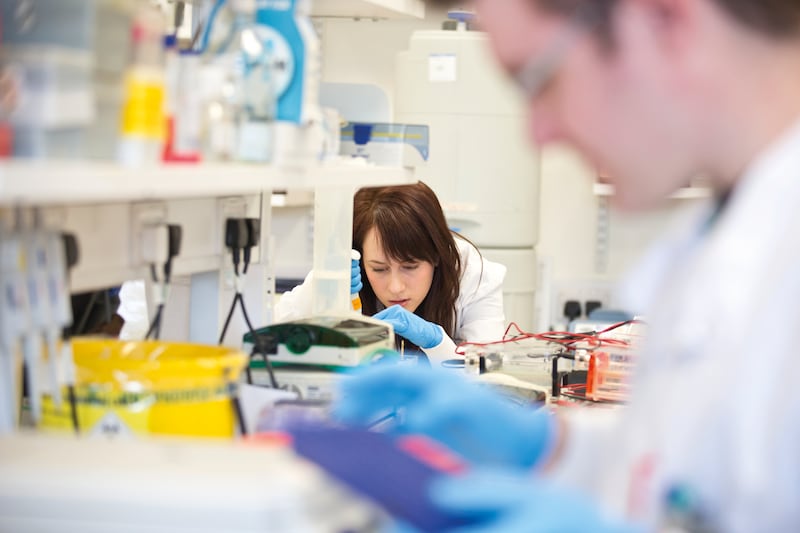The number of fatalities on Irish roads is continuing to increase, the Minister for Justice has said.
Helen McEntee said the number of people killed in road crashes since the beginning of the year is “far too high”, blaming an upward trend in speeding and drink drivers.
A total of 36 people have died on Irish roads this year.
Road traffic collision figures for last year show that the number of road deaths increased by 19% compared with 2022.
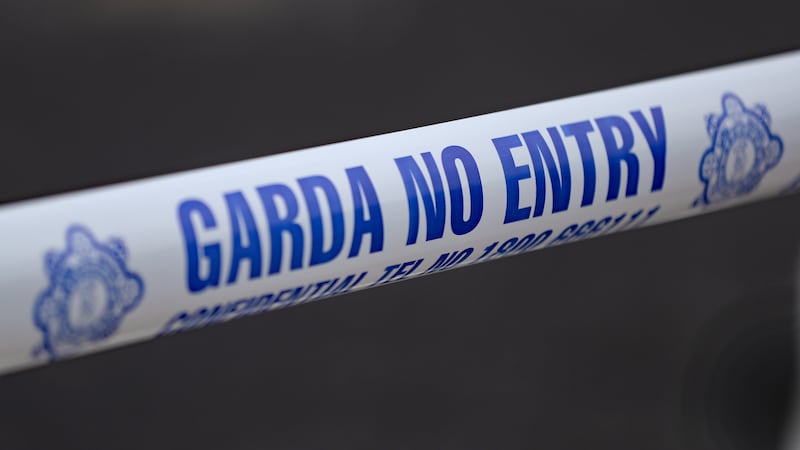
A total of 184 people died in 173 fatal collisions in 2023, compared with 155 deaths in 149 collisions in 2022.
Ms McEntee said the number of road deaths is not falling.
“I just want to offer my condolences to anyone who has lost a loved one this year. The numbers are far too high,” the minister said.
“I had hoped that we would see a decrease and unfortunately it’s going in the opposite direction.
“I think we’re experiencing a very difficult patch at the moment.
“It often takes time to reverse trends as they start to emerge, but every effort is being made.”
She said that gardai are focused on reducing the number of road crashes and fatalities.
“We are seeing continued trends, when it comes to collisions, when it comes to serious accidents. It’s around speeding, it’s around drink driving and drug driving and perhaps now to a lesser extent people on their phones and not wearing seatbelts,” the Fine Gael minister added.
According to the minister, of the 8,000 drivers stopped by gardai last year, 35% of people were detected to have drugs in their system.
“What gardai are doing now is that they’re looking at the times of the day where they need to be on the roads,” she said.
“They’re looking at the types of roads where accidents are happening and, in fact, many of those checks are being conducted by gardai who are not on the Roads Policing Unit.
“About 75% of drug and alcohol testing is carried out by the frontline gardai, so we can focus in on figures of the roads policing units and say they’re slightly down, which they are, but so much of the work is being done to try and deal with this issue.
“We’re investing in technology. We’re investing in the technology that gardai have been able to access, including insurance, through their handheld devices. We’re working to make sure that they can identify if someone has a valid driver’s licence or not.
“We’re looking at end-to-end cameras, so average speed cameras, because we know where they are in place there is about a 98% compliance rate.
“(Minister of State) Jack Chambers is working on reducing our speeding limits and other forms of legislation.
“So it’s really a collaborative effort.”
It comes as Garda Commissioner Drew Harris earlier this week said that people who are scrolling through social media while driving is a “real issue”.
